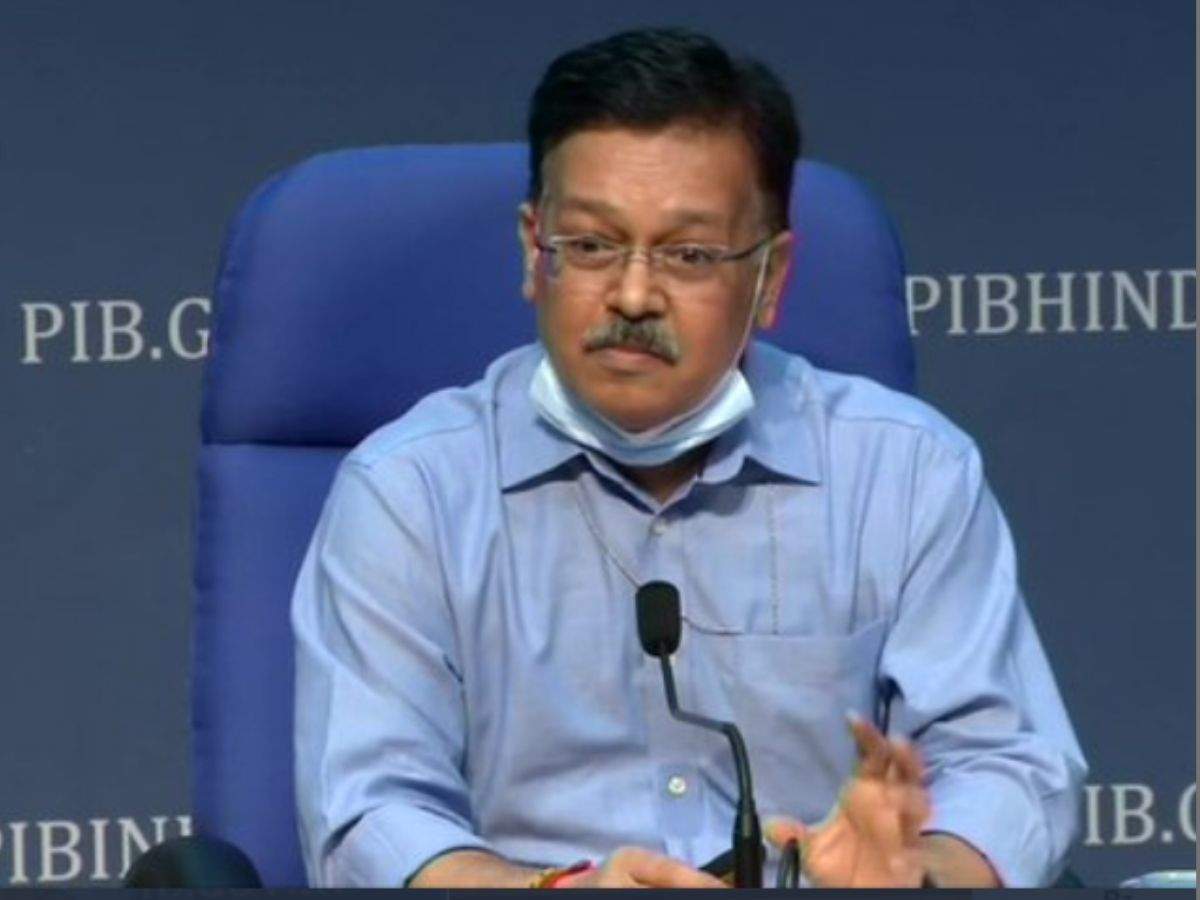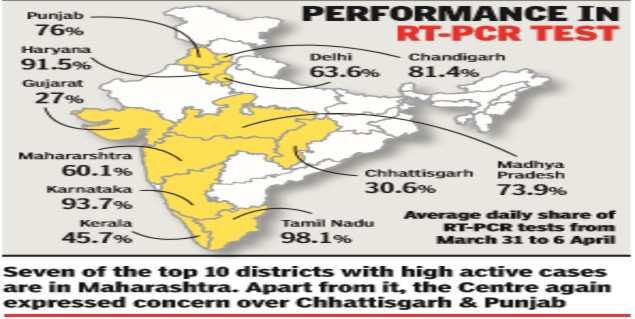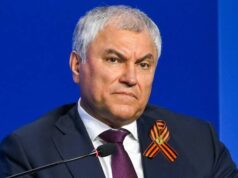Spread faster than in 1st wave, next 4 weeks very critical: Government

The vaccination policy is based on scientific principles and is intended to secure vulnerable population first keeping in mind vaccine supplies and is no different from the approaches adopted even by developed countries like US, UK and Australia, the Centre said on Tuesday.
Health Secretary Rajesh Bhushan, in an interview to ANI, also clarified his remarks that the objective of vaccination is to inoculate those who need and not those who want it after the comments kicked up a controversy online with several commentators wondering how such a distinction can be drawn and whether the government was tied down by an overly bureaucratic approach.
Bhushan said in the current phase of vaccinations till July, vaccines will be in limited supply and this meant that priorities had to be drawn up to protect those most vulnerable. He said the country is following a dynamic demand-supply model and adjusting coverage accordingly, making sure the healthcare system can deliver the targets set.

The secretary said the focus was to reduce mortalities as this would be a figure that will hold attention once the pandemic passes. He said discussions were on with Serum Institute of India and Bharat Biotech over increasing production and offering government help by way of financial assistance, new facilities and rapid approvals. He said states had been allowed considerable leeway to innovate and set up facilities and explore means to quicken vaccinations.
“The primary objective is to reduce deaths and protect the healthcare system involved in combating the pandemic,” Bhushan said. Sources said efforts were on increase capacities so that there could be a further expansion of eligible beneficiaries. But in the meanwhile, the government did not want a situation where second dose supplies fell short.
India – which started its mega vaccination drive on January 16 with health and front-line workers prioritised for receiving the jabs in the first round – has administered over 8.4 crore doses till Tuesday 8 pm, which includes first dose to over 5.44 crore people of 45 years and above of age. From April 1, the government allowed all those 45 and above to receive Covid vaccine, irrespective of co-morbidities.
Bhushan said India has been fastest in ramping up of vaccination with over 7.9 crore doses administered in merely 79 days, whereas the US – which has the highest daily rate of doses administered – has taken 112 days to give 16.5 crore doses. United Kingdom – one of the first to start vaccination – has given only 3.6 crore doses in 118 days.
Pointing out that India has lowered vaccination age to 45, officials cited data to show several western countries with advanced facilities have not opened vaccination to all beyond age 50. “Hum to 45 years tak pahunche hai, aap ne kisi ka nahin suna 45 ka…itne example secretary saab aur maine diye” (We have reached 45, you would not have heard this about anyone…so many examples by myself and secretary),” Niti Aayog member V K Paul said. While UK has prioritised those between 16-64 years, it is only for those with underlying health conditions and unpaid carers for the elderly and disabled. Similarly Australia has opened it for adults but with underlying disability or medical condition.
Citing figures culled from international data websites, Bhushan said the US was targeting people in the 65-75 years bracket till mid-April. Sweden and Switzerland, which have among the most advanced healthcare, are still only targeting the 65 plus groups, in Australia it is 70 plus and aboriginals.
Officials also underlined that it is not yet sorted whether faster administration of vaccine can build herd immunity.
Maharashtra, Gujarat, Rajasthan, Uttar Pradesh and West Bengal are among states that administered the maximum number of Covid vaccine doses.




